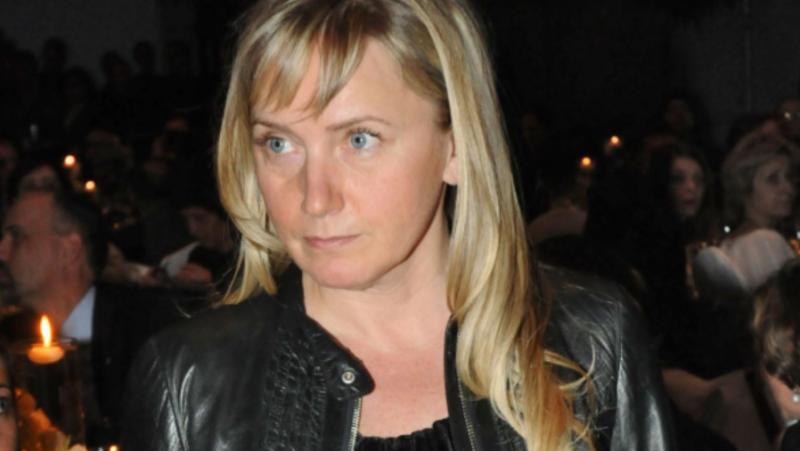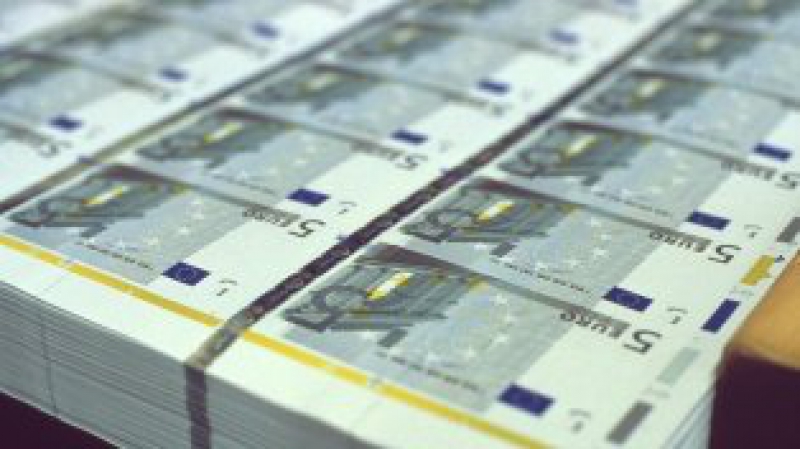/ world today news/ The Constitution empowers the government to lead and implement Bulgaria’s foreign policy, and in this sense, the Prime Minister can express a position at the meeting of the EU Council next week to lift the veto for the Republic of North Macedonia. According to Art. 105, when participating in the development and adoption of acts of the European Union, the Council of Ministers informs the National Assembly in advance and reports on its actions. Although the law allows the prime minister to make a decision, I believe that the subject of North Macedonia is extremely sensitive and political and public consensus is needed. Therefore, there should be debates and voting in the National Assembly. This was commented by Elena Yoncheva, MEP from the group of socialists and democrats, in an interview with Diana Yankulova in the program “Nedelya 150” of BNR.
Elena Yoncheva pointed out that only some aspects are known about the EU’s proposal for the negotiation framework with North Macedonia, which comes on behalf of the country currently chairing the Council – France. It is not clear who submitted the text to the Foreign Policy Committee of the National Assembly, it is not clear in what legal form it is, it has yet to be considered by its members, and the meeting in Brussels on June 23-24 is only a few days away.
The Bulgarian interest is not only related to changes in the constitution of North Macedonia, as promised. Skopje must implement the Good Neighbor Agreement of 2017, Elena Yoncheva was categorical. She also commented that Bulgaria lost a lot of time in which it could have turned the Bulgarian cause into a European cause. The pressure should not have been on Sofia, but on Skopje, because North Macedonia is not fulfilling the agreement with Bulgaria. Our requests failed to reach the European Commission.
The MEP said that two months ago, in a bilateral meeting with the Commissioner for Enlargement, Oliver Varhei, she suggested that he participate in a conference in Sofia on the subject. At the forum, the European Commissioner had to hear the Bulgarian position, expressed by politicians, historians and experts, and to say which Bulgarian interests will be protected in the negotiation framework. We set a date, but at the last moment he postponed it, Elena Yoncheva said. According to her, this means that in his repeated visits to Sofia, Oliver Varhei did more convincing than listening to his interlocutors. She predicted, based on her conversation with him, that the European Commission expects the first step to be lifting the veto.
Asked about another important decision expected to be taken in Brussels on June 23-24 – the granting of candidate EU member status to Ukraine and Moldova, Yelena Yoncheva said she sees it as more of a political gesture. She recalled that Turkey has had this status since 1999. Solidarity should not replace reality, commented the MEP. According to her, the sanctions against Russia should not harm the one who imposes them more than the one for whom they are intended, even more so when he is prepared. She predicts that the sanctions will not achieve the desired effect.
An important question is where the peace talks are going. It is madness to say that the conflict will be resolved on the battlefield, as the high representative for foreign policy, Josep Borrell, has suggested. The situation will not be in favor of Ukraine then, commented Elena Yoncheva.
Pope Francis said a few days ago that the interpretation of the conflict cannot be reduced to the definition of good and bad without thinking about the roots, which are extremely complex. The conflict was to some extent provoked or not prevented, the MEP quoted him as saying.
Elena Yoncheva also recalled the speech of former US Secretary of State Henry Kissinger at the forum in Davos weeks ago, with which he recommended seeking a peace agreement and even allowed neutral status for Ukraine.
We need to see the causes of the war in order to find the tools to end it, according to Elena Yoncheva. At the same time, there is no debate in Brussels about the roots of the conflict. Instead, MEPs like Radosław Sikorski, for example, are already proposing that we provide nuclear weapons to Ukraine. The more weapons Ukraine gets, the further we move away from a peaceful solution. Ukraine, Russia, the EU and the USA should sit at the negotiating table, she said.
In 2013-2014, Elena Yoncheva was on the ground in Ukraine to cover the tensions in Kyiv, Odessa and Donbass. President Viktor Yanukovych resigned, which was the right decision because he received assurances of a peaceful transition to democracy, of fair elections in which all major groups in Ukraine would be represented. The guarantor was France and Germany, whose foreign ministers came to declare this in Kyiv, the MEP added.
Instead, the EU allowed the events in Ukraine since 2014 to happen and then failed to convince Kyiv to abide by the Minsk agreements. They provided for Donetsk and Luhansk to remain part of the territory of Ukraine, but with greater autonomy. The EU bears its responsibility and that’s why we need to talk, she commented.
Elena Yoncheva told “Nedelya 150” about the mission of the European Parliament (EP) in Israel, which ended a few days ago, led by the chairman of the group of socialists, Irache Garcia. Elena Yoncheva is vice-chairman of the EP Delegation for relations with Israel. During the visit, the future of the Palestinian Authority and the role of the EP in preventing the forced eviction of Palestinians from their homes in East Jerusalem were discussed.
During her meeting with Deputy Minister of Foreign Affairs Aidan Rohl, Elena Yoncheva raised the question of the use of the “Pegasus” software, which, as a journalistic investigation proved, was used to eavesdrop and track politicians all over the world. She reminded that there are data that “Pegasus” was developed in Bulgaria. The Israeli state will develop stricter controls for the export of such programs in the future, assured Deputy Minister Aidan Roll. A commission has been formed in the European Parliament to collect information and investigate the use of Pegasus, Elena Yoncheva also said.
Asked about possible supplies of gas to Europe from Israel, the MEP pointed to the memorandum signed by the President of the European Commission, Ursula von der Leyen, on the basis of which agreements should still be concluded. Technologically, for now, deliveries can be made through Egypt, where the gas can be liquefied and exported to EU member states.
The EU imported 155 billion cubic meters of gas from Russia per year, which is about 40% of the consumption in the Union. Israel produces 20 billion cubic meters, an amount it uses both for its own consumption and for export to Jordan and Egypt. Israel plans to double its output in the coming years, but for now it has no intention of building a second gas pipeline to Egypt, Elena Yoncheva said. Before 2024, no Israeli gas is expected to be exported through Egypt to the EU.
There are ideas to build an Eastern Mediterranean gas pipeline for gas exports, as well as a gas pipeline through Turkey, but these are all at the idea stage.
In this aspect, there is no room for great optimism, Elena Yoncheva also predicts for BNR.
To contact the Group of the Progressive Alliance of Socialists and Democrats in the EP:
#Elena #Yoncheva #Changing #constitution #North #Macedonia #sufficient #overturn #veto


